Farit Khanifov: it is much cheaper to subsidise taxis than to pour money into big buses
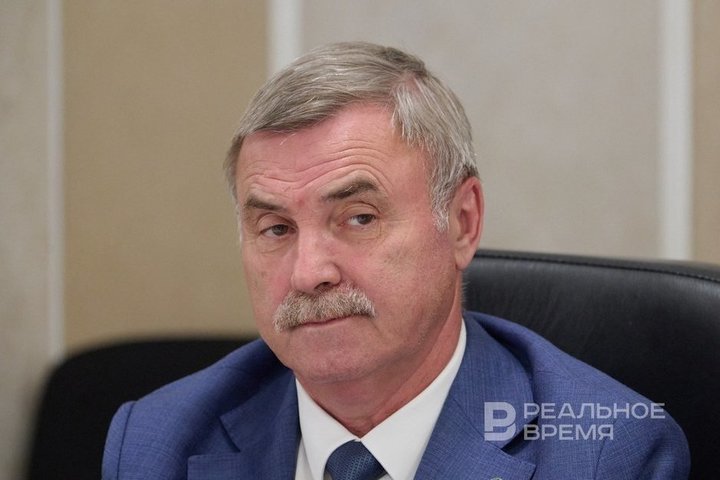
Artificial intelligence will check taxi and public transport drivers for their sobriety and compliance with the rules of behavior on the road. Besides, they want to attract taxi drivers to unload public transport. These and other initiatives were discussed at a meeting of government representatives with participants in the road transport and taxi market. Read the details in the material of Realnoe Vremya.
“During periods of declining passenger traffic, big buses “carry air”
“It is necessary to state the fact that taxi today plays an important role in public transportation," Minister of Transport and Road Management of Tatarstan Farit Khanifov opened the meeting in the Main Directorate of the Traffic Police of the Republic of Tatarstan with the statement.
Today, public transport in major cities of the republic is working on the verge of profitability. The authorities are trying to find an optimal solution that would suit all participants in the process. As you know, public transport in Tatarstan is in great demand. Recently, major changes on 12 bus routes have come into force in Kazan — 10 of them were radically changed, and 2 were completely abolished as unnecessary.
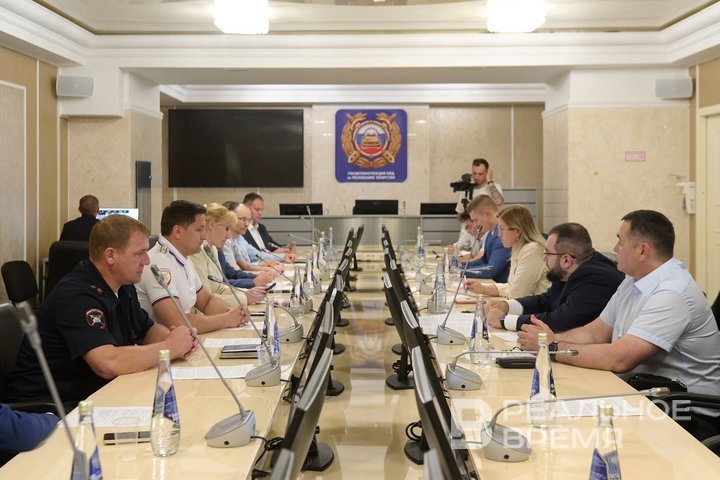
Speakers of the meeting agreed that they are facing a joint task — to ensure the smooth operation of public transport, as well as taxis and aggregators.
“We cooperate with carriers that operate on certain routes within a given time frame. However, during periods of declining passenger traffic, large buses 'carry air,“said Farit Khanifov. “To avoid this, we suggest considering the possibility of organising taxi work as a continuation of public transport in the evening, early morning and on weekends, when public transport cannot cope with the load. Taxis, as an important element of public transport, could help us transport passengers during periods when it is economically unprofitable to do so on a big bus.
The Minister of Transport and Road Management added that it would be much cheaper to subsidise taxis than to pour money into the operation of a big bus without a load of passenger traffic. How can this be done? The question is open.
Here we are talking about how people get to remote areas when there are literally two or three people on the buses. According to the speakers of the meeting, it would be more practical to make either a taxi or small regular buses.
Khanifov clarified that the goal is not just to get people to hard-to-reach places, but to improve transport links in major cities of Tatarstan.
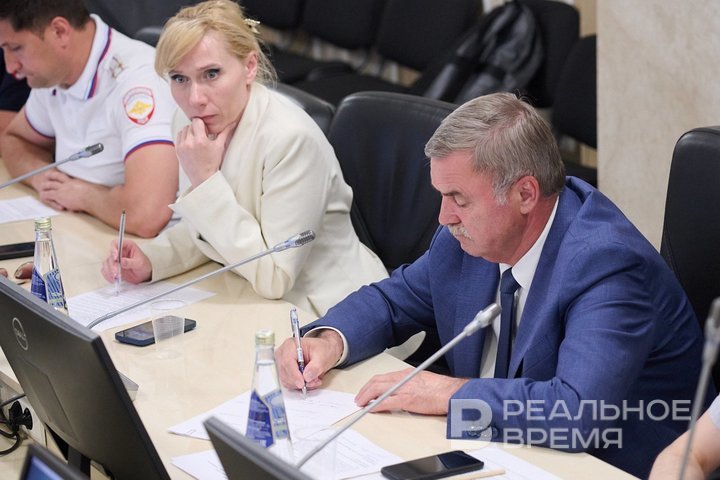
“Route lines in major cities have already been made. The bottom line is that inefficient operation of public transport begins in the evening," he added. “Maybe we can somehow make a special map for the residents of the city to travel at a later time? After 8-9 pm, when buses run in a smaller volume.
In response to this proposal, Maxim Shusharin, CEO of Taxi Maxim, said that this issue should be submitted for separate consideration.
“This is a big topic for conversation, I suggest you bring it to a separate meeting," said the speaker. “Because a lot of questions and nuances immediately come up: how is it more correct to integrate them and with whom should they be associated — with transport enterprises, executive committee or other structures?
The representative of the Federal Ministry of Transport, Artyom Grigoriev, told in an online format that we need to learn how to understand where, how, and most importantly, when to launch new routes, whether by bus or taxi.
“A draft bill on the introduction of a new type of transportation — “transportation on request” is currently being developed. The leitmotif of this proposal is to combine regular transportation along with those that require a rare request. The calculation is based on that the carrier can, depending on the point of request, provide transport accessibility to the public. We need to look at workload peak to understand when it is right to launch additional units of equipment," he explained.
Taxi is a self-developing business
The heads of major Russian taxi aggregators joined the conversation. According to them, the taxi market has dropped by 30-40% in recent years, depending on the region. It was all the fault of the bill On the organisation of passenger and baggage transportation by passenger taxi No. 580, which in many ways complicated the work of taxis, if not completely eradicated them.
According to the provision of the document, all taxi drivers are now required to work either under a contract of employment, or as an individual entrepreneur or self-employed. However, there is one exception — a self-employed person must have a contract with one of the taxi ordering services, since, unlike an individual entrepreneur, he cannot carry out transportation on his own. In addition to this, a massive pile of documents and restrictions has been added: one of them is that the driver's driving experience must be at least three years, plus mandatory knowledge of the location of all places of local government, attractions, medical and educational institutions in the locality where they plan to work.
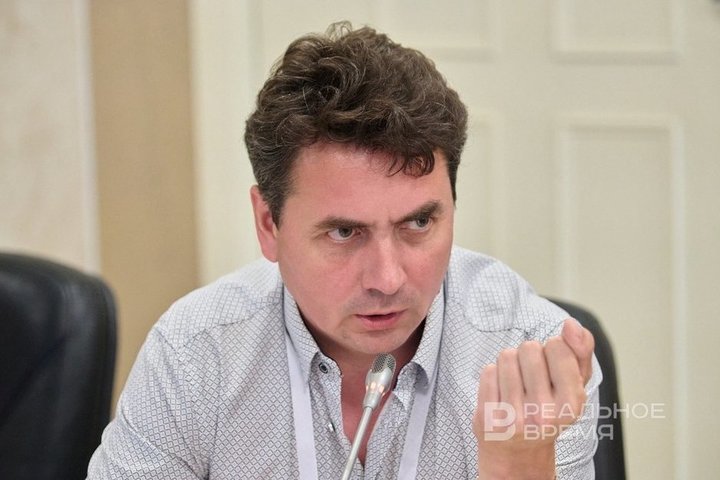
“Taxi is the only industry that has never received financial support, with the exception of Moscow. For 20 years of work on the order aggregation model, when we combine an unlimited number of users and passengers through the application, we have achieved that our Russian model has become the most advanced in the world," said Maxim Shusharin, CEO of Taxi Maxim service. “All aggregators were developing independently. Taxi services are available in 75 regions of Russia. In some cities, public transport is underdeveloped, and there is no transport connection between the nearest settlements, so people only use taxis. In the regions, with the exception of a few large cities, taxi services are provided by private individuals in their private cars.
According to him, in order to ensure transport accessibility and reduce the burden on them, it is necessary to simplify as much as possible the access of “private owners for vehicles to the legal market”. About 98% of transportation in Russia is carried out by such people. For example, in Kurgan, taxi transportation is 6 times cheaper than in Moscow, so it is impossible to develop there. As Shusharin noted, the largest aggregators are already ready to digitise even the most remote parts of cities in order to integrate into the public transport system.
“Private carriers bear the entire burden in this industry. But what do we see? For example, restrictions on the colour scheme of cars have been introduced in Tatarstan, private carriers must find medical and technical inspection points, as well as issue a travel document for themselves. This is just an absurd. That's why people are leaving this field. Since the entry into force of Law No. 580 on taxis, we have lost from 30% to 40% of carriers, because everyone is afraid of punitive sanctions. The largest wave of withdrawals occurred during the period when the bill on the confiscation of cars of private carriers engaged in hauling without permission was submitted to the Duma. The number of accidents involving taxis was minimal — only one woman was injured during a trip that year, he added. “If we are honest and say that regulation should be different for different categories of carriers, then the situation will change. What a large taxi company can do may be too much for a private carrier. No one will want to pay for the third party liability insurance (OSAGO) tariff for a taxi. In Tatarstan, for example, the price of insurance is one of the highest in the country.
His speech was also supported by Dmitry Kovalenko, the managing director of Citymobil and Taxivichkof. He said that it is necessary to popularise the driver's profession.
“If we do not allow drivers, we will face a sharp increase in taxi prices. Our colleagues have already conducted a similar experiment, and as a result, the cost of a taxi has increased 12 times. Because of this, the experiment had to be stopped," Kovalenko explained. “We also faced an outflow of drivers. Approximately 30-40% of drivers have left, and many orders simply remain unfulfilled. Drivers do not have time to adapt to the requirements of the 580th law. Besides, drivers in their private cars drive much better and safer.
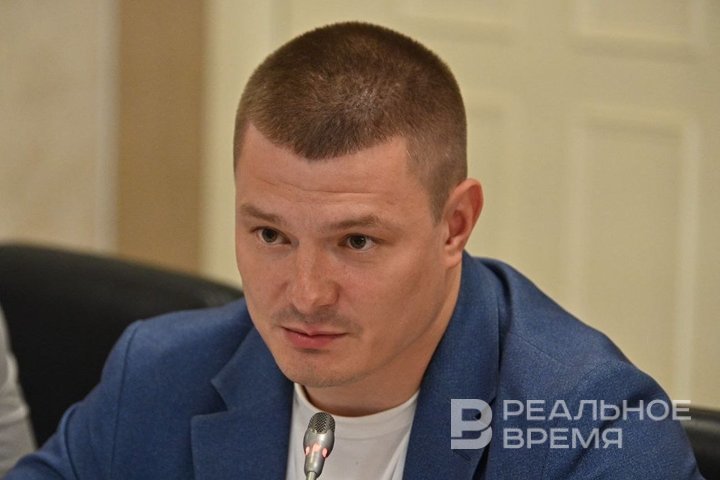
After providing such interesting statistics, the acting head of the Traffic Police of the Republic of Tatarstan, Airat Samigullin, immediately objected: the number of accidents has not only decreased, but, on the contrary, increased.
“Road safety issues certainly need to be discussed. I strongly disagree with these figures. At the moment, 155 people have already died as a result of an accident. The statistics are about the same as last year, without significant changes. However, it should be noted that five people died due to the fault of taxi drivers," Samigullin noted. “It is not entirely clear what kind of indulgences we can talk about, given that we identify drivers who do not have a license to drive a vehicle on a daily basis. Security issues should be a priority.
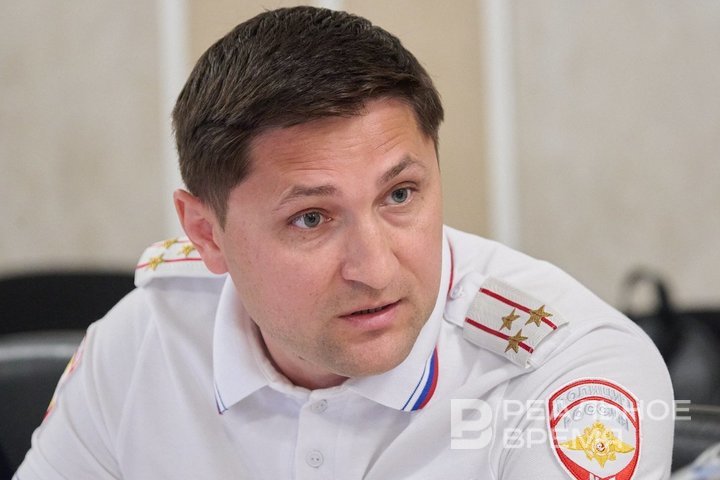
Introduction of AI into the work of parks
In continuation of the speeches of previous speakers, Maxim Palyanitsa, CEO of Delo Medica, once again stressed the importance of the security aspect. He proposed to introduce computer systems into the process of examination and training of drivers before the work shift.
“In my opinion, the most important aspects are medical examinations and technical inspections. But medical ones are a priority. We have a global problem — no one issues trip tickets," explained Palyanitsa. “Now drivers or workers somehow negotiate with the medical staff, and this is fraught with consequences. In the case of drivers, this is dangerous for the lives of all passengers and road users, and in the context of production — not only for human health, but also by stopping the work of one or more workshops. We all understand perfectly well that it is impossible to negotiate with a computer.
According to Palyanitsa, not all aggregators look at this from a positive side and make contact, so they sent a special device to one bus fleet in Kamchatka as a prototype.
“The director of the bus fleet liked the Substitute Doctor, thanks to it he was able to find those who tried to avoid the examination," he said. “Many drivers had morning 'remnants' of alcohol intoxication or high blood pressure. Many of them are hypertensive, most often no one looks at high blood pressure and take drivers on a shift. But this is very fraught with dangerous consequences.

In addition to the previous presentation, Yury Ivanov, a representative of Exodrive, spoke about his developments based on artificial intelligence. He said that they have already successfully used AI to analyse human driving style. According to Ivanov, this experience turned out to be extremely positive.
“Of course, the issue of accidents is very important. We cannot ignore this problem. Our solution is based on the use of artificial intelligence (AI). With its help, we can analyse a person's driving style and assess the likelihood that they will get into an accident," Ivanov said. “We are using this approach in some trucking companies and are already seeing results. For example, in the Moscow park we managed to reduce the accident rate by 44%. On average, accident ratesare decreasing by 25-30%.
Ivanov once again mentioned that the OSAGO marked “taxi” really costs an extremely large amount of money and not all taxi companies are ready to pay for this kind of insurance. For this reason, the company works together with insurance companies, which gives some concessions to aggregators.
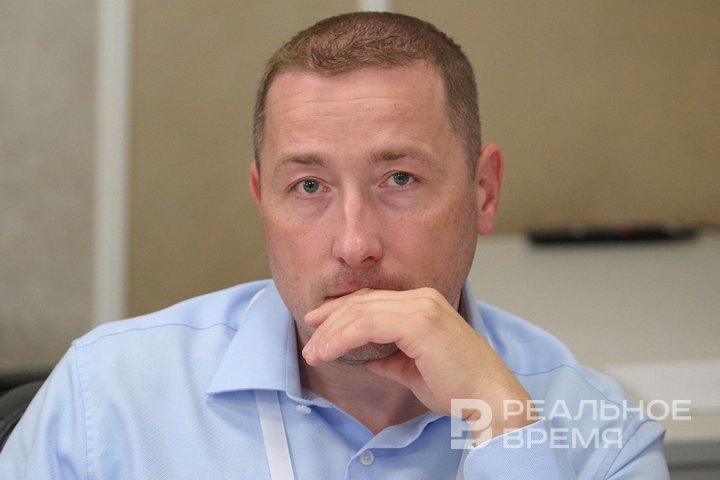
As a result, the speakers proposed to introduce this technology in a pilot format.
What do we do with migrants?
At the end of the discussion, the head of the Ministry of Transport of Tatarstan raised the issue of using migrant forces. Khanifov asked his colleagues about the possibility of attracting not just migrants, but subcontractors. According to him, the request is that not just “names” come, but people who are ready to work here and now.
“We tried, we did — it doesn't work," Dmitry Kovalenko answered him. “We bring, we feed, we provide with dormitories. The most persistent ones hold out for a month. Everyone else works for a week or two. We brought them from everywhere, invested a lot of money. It doesn't work.
Farit Khanifov proposed to involve foreign taxi companies to work in taxis in Tatarstan. In his opinion, this can help solve the problem of a shortage of taxi drivers in the region.
“It will be even more difficult for us without them, so I suggest considering the possibility of taxi companies from other countries participating in our transport companies, but first in a test mode. Taxi drivers could come with ready-made enterprises and replace temporary workers," Khanifov suggested.
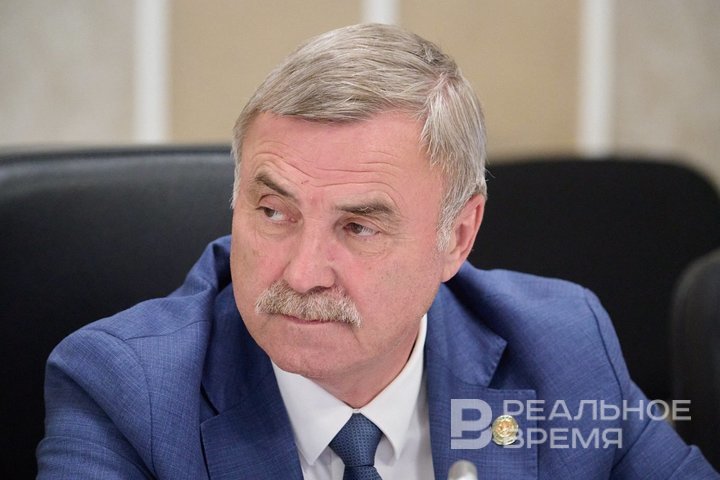
He also noted that during the period of active road construction in Tatarstan, a Belarusian enterprise visited, with which financial relations were established, and in addition, household and social issues were settled.
“It was convenient for everyone to work, then our ruble changed to the Belarusian currency, and all household and social issues were resolved," Khanifov added.